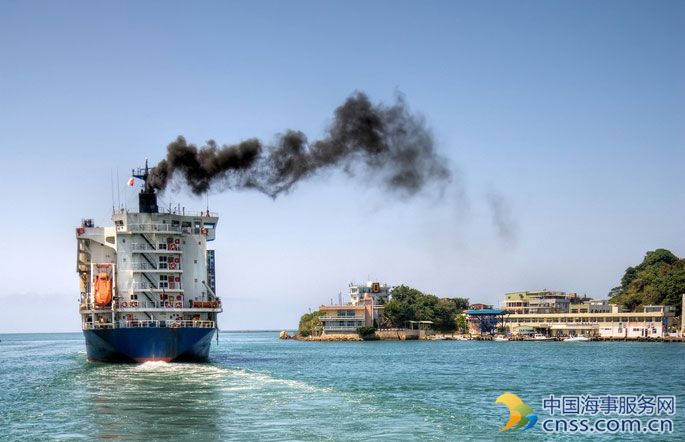Bonn Climate Change Conference: Shipping Will Need to Cap Its GHG Emissions

International shipping will have to limit its greenhouse emissions (GHG) in order to meet the goals laid down in the Paris Climate Change Agreement, it was stated at a side event at the Bonn climate change conference held on May 18.
Emissions of carbon dioxide from aviation and shipping are growing at a combined rate of 3-5 percent annually. Efforts by the United Nations bodies overseeing these sectors to agree and adopt strategies to address climate change have moved forward but critical action areas remain to be fully addressed, panelists in the session said.
There is “a recognition that all countries need to tackle emissions from international transport,” saidMartin Cames, Head of Energy and Climate at Öko-Institut.
“Setting a target is key . . . and targets need to be reviewed and periodically strengthened.”
Emissions of carbon dioxide from shipping are projected to increase by 50 to 250 percent in the period to 2050 and could “torpedo Paris ambition,” said John Maggs, Senior Policy Officer, Seas at Risk.
“What’s needed is a steep, steady drop in emissions from 2020.”
Although shipping “didn’t get a mention in the Paris Agreement, it didn’t go unnoticed either,” and the industry’s position “has changed quite dramatically,” said Maggs, reporting on IMO’s Marine Environment Protection Committee meeting held in April.
The discussion has moved toward “talk of decarbonization” and support for “an INDC for international shipping,” said Maggs.
In the lead up to the Paris negotiations, countries submitted plans detailing their intended nationally determined contributions (INDCs) to address climate change. These plans and future reporting on contributions and outcomes, are a cornerstone of the Paris Agreement.
Maggs listed areas where the shipping sector needed to tighten up action. For example, ships built following the industry’s efficient design guidelines are about as efficient as ships not covered by the guidelines, and provisions for monitoring, reporting and verifying ship efficiency “lack transparency,”he said.
“We won’t be able to tell an efficient ship from an empty ship.”
Previously in April this year, members of the IMO failed to reach a deal on fair share contribution to the goal of keeping the increase in temperature below 1.5/2°C.
HEADLINES
- Do shipping markets want Biden or Trump for the win?
- All 18 crew safe after fire on Japanese-owned tanker off Singapore
- Singapore launching $44m co-investment initiative for maritime tech start-ups
- Cosco debuts Global Shipping Industry Chain Cooperation Initiative
- US warns of more shipping sanctions
- China continues seaport consolidation as Dalian offer goes unconditional